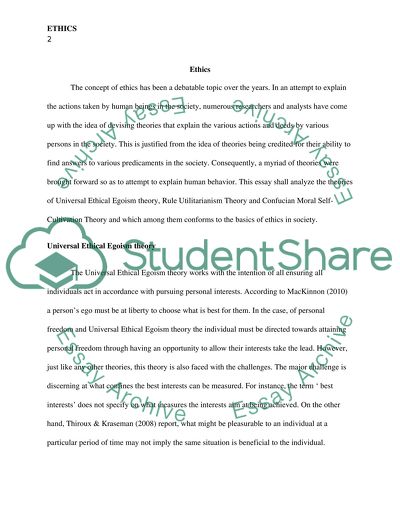Cite this document
(“Ethics Essay Example | Topics and Well Written Essays - 1000 words”, n.d.)
Retrieved de https://studentshare.org/sociology/1395085-ethics
Retrieved de https://studentshare.org/sociology/1395085-ethics
(Ethics Essay Example | Topics and Well Written Essays - 1000 Words)
https://studentshare.org/sociology/1395085-ethics.
https://studentshare.org/sociology/1395085-ethics.
“Ethics Essay Example | Topics and Well Written Essays - 1000 Words”, n.d. https://studentshare.org/sociology/1395085-ethics.


